Fundacion ECUUP develops educational and cultural projects and as we indicated in our MISSION, we are working inside the Economy of Creativity and we also seek social development. The latter we want to develop within the approaches of the Sustainable Development Goals.
This article is a compilation of what has been published in various sources and aims to show that Culture is a driver of development.
Heads of State and Government, senior UN officials and representatives of civil society gather in September 2015, as part of the 70th session of the UN General Assembly and have adopted the Sustainable Development Goals (SDGs). These objectives form a program of sustainable, universal and ambitious development, a program of the people, by the people and for the people, conceived with the active participation of UNESCO.
CULTURE AND POVERTY ERADICATION [MDG 1]

-
The MDG-F Joint Programmes on Culture and Development are contributing in multiple ways to the achievement of MDG 1, namely eradicating extreme poverty while encompassing both economic and human rights perspectives, including by:
- Creating new jobs and market opportunities, and generating greater incomes, thereby improving living conditions, fostering community-based economic growth and empowering individuals:
- Through capacity-building of artists, artisans, cultural and creative entrepreneurs, to foster creativity and enable them both to improve the quality of their products and to produce sustainable new products (e.g. handicraft producers in Cambodia have received trainings in handicraft production, entrepreneurism, financial literacy and rural marketing)
- By supporting traditional livelihoods (e.g. intercultural fairs organized in Costa Rica, enabling marginalized groups to showcase and sell their traditional products)
- By supporting and developing sustainable cultural ventures, in particular small and medium-sized enterprises, through the provision of financial and technical support (e.g. grants provided to cultural tourism ventures in Kars province, Turkey, to develop local sustainable cultural tourism ventures; micro-credits issued for cultural goods in Mauritania)
- By strengthening the culture sector through new and improved cultural policies, better implementation of the legislative and regulatory frameworks, and capacity-building of cultural institutions (e.g. in Albania, elaboration of a draft national strategy on cultural marketing and development of the National History Museum)
- Ensuring equal access to and enhancing basic cultural services and infrastructures (e.g. a Culture Centre has been created in Montevideo, Uruguay, to enable homeless people to exercise their cultural rights and participate in cultural life)
- Incorporating cultural assets into national and local development policies, strategies and programmes (e.g. in Morocco, a strategy and charter for the promotion and safeguarding of cultural heritage has been established, and priorities promoting cultural heritage have been incorporated into the community development plans of four pilot municipalities located in the Southern Oasis)
- Contributing to food security at the community level (e.g. revitalizing and promoting traditional foods in Nicaragua to ensure greater food security and nutritional health)
- Empowering communities to manage their cultural resources, in particular intangible heritage assets, thereby fostering personal fulfilment and development while also strengthening social cohesion through an increased sense of belonging (e.g. documenting, inventorying and communicating on intangible heritage in China has been undertaken by the communities themselves)
- [extracted from this website]
CULTURE AND EDUCATION [MDG 2]

-
The MDG-F Joint Programmes on Culture and Development are contributing in multiple ways to the achievement of MDG 2, namely ensuring quality education, among others by:
- Promoting multilingualism in education through the incorporation of local/indigenous/minority languages into curricula (e.g. study conducted in Mozambique in view of elaborating a National Language Policy recognizing local languages in the national education system)
- Mainstreaming cultural assets in educational systems and curricula (e.g. cultural heritage mainstreamed in Namibia’s national educational curricula)
- Supporting creative and artistic education (e.g. Culture Houses established in Honduras to provide music, theater and dance classes for children under the age of 18)
- Promoting cultural diversity and mutual understanding among school children (e.g. intercultural summer camps in Bosnia and Herzegovina)
- [Extracted from this website]
CULTURE AND GENDER EQUALITY [MDG 3]

-
Women are key target beneficiaries of the MDG-F Joint Programmes on Culture and Development. In that regard the Joint Programmes are contributing to the achievement of MDG 3, namely by creating jobs, incomes, and new market opportunities for women in the culture sector, while also empowering them to participate in cultural life, in multiple ways, including by:
- Strengthening technical capacities of women in the culture sector (e.g. training course on handicraft production benefiting 160 women in Egypt)
- Supporting cultural ventures run by women (e.g. support provided to women’s handicraft enterprises in Cambodia has led to a 33% increase in sales, and therefore greater incomes for those women)
- Mainstreaming gender equality in national and local development policies, strategies and programmes (e.g. gender sensitive “National Sector Strategy of Culture” developed in oPt, resulting in gender sensitive programmes and activities)
- Promoting political participation of women (e.g. political representation of women in Guelmin, Morocco, was achieved for the first time, following information and awareness-raising campaigns and capacity-building activities)
- [Extracted from this website]
CULTURE AND HEALTH [MDGs 4, 5, 6]

-
The MDG-F Joint Programmes on Culture and Development are contributing in various ways to the achievement of MDGs 4, 5 and 6, namely improving maternal health, promoting socio-cultural approaches to HIV/AIDS prevention/treatment, and more broadly developing culturally sensitive health policies, including by:
- Promoting a culturally-sensitive approach to health, by integrating cultural practices into health services for instance (e.g. an intercultural health system has been established in Sucumbios province, Ecuador, to raise awareness about culturally appropriate childbirth and to enable patients to decide how they want to be attended during childbirth)
- Recognizing the role of traditional health and education systems for more sustainable and appropriate approaches to sexual and reproductive health (e.g. in Mozambique, to enhance the fight against HIV/AIDS, various traditional authorities worked with formal counterparts to raise community awareness about the pandemic and ensure that sexual taboos and very specific cultural practices be taken into consideration)
- [Extracted from this website]
CULTURE AND ENVIRONMENTAL SUSTAINABILITY [MDG 7]

-
The MDG-F Joint Programmes on Culture and Development are contributing to the achievement of MDG 7 and environmental sustainability in multiple ways, among others, by:
- Promoting traditional knowledge in environmental conservation (e.g. an inventory of indigenous knowledge in environmental conservation has been established in Ethiopia)
- Revitalizing culinary traditions and promoting the consumption of native ingredients (especially within the framework of the Joint Programmes implemented in Latin America)
- Supporting eco-friendly ventures (e.g. in Honduras, a can producer has received support to open a family business using a new eco-friendly evaporation technology)
- Safeguarding natural cultural heritage through sustainable practices (e.g. environmental studies produced on the regions of the Delta du Saloum and Bassari; reforestation of native tree species in Mozambique, such as the ‘mwenje’ tree, to preserve the ‘timbila’, a traditional instrument made from its wood and inscribed on UNESCO’s List of Masterpieces of the Oral and Intangible Heritage of Humanity)
- Strengthening education in environmental sustainability in cultural heritage management (e.g. curriculum on land use planning developed in Namibia)
- [Extracted from this website]
CULTURE AND GLOBAL PARTNERSHIP FOR DEVELOPMENT [MDG 8]

-
The MDG-F Joint Programmes on Culture and Development are contributing in multiple ways to the achievement of MDG 8, namely developing partnerships for development, including by:
- Strengthening broad-based support and action, and increasing community involvement in MDG-related actions, through new networks, partnerships and participatory processes involving a wide variety of governmental and non-governmental actors (e.g. in Uruguay a network of cultural actors (“Red Sur”) has been created, public-private synergies have led to the establishment of Music, Publishing and Arts Clusters, and new partnerships have been formed between the State and civil society organizations)
- Raising awareness about the MDGs and the importance of culture for development, through communication and advocacy activities and workshops (e.g. newspaper articles and interviews have been published in China in relation to culture and development for ethnic minorities, heritage protection and crafts)
- Building networks and communities of practice through greater access to new technologies, especially information and communication technologies (e.g. renovation and construction of Community Cultural Multimedia Centers in Senegal)
- [Extracted from this website]
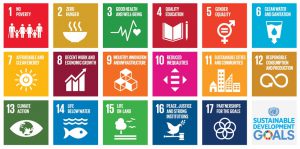
- Creating new jobs and market opportunities, and generating greater incomes, thereby improving living conditions, fostering community-based economic growth and empowering individuals:


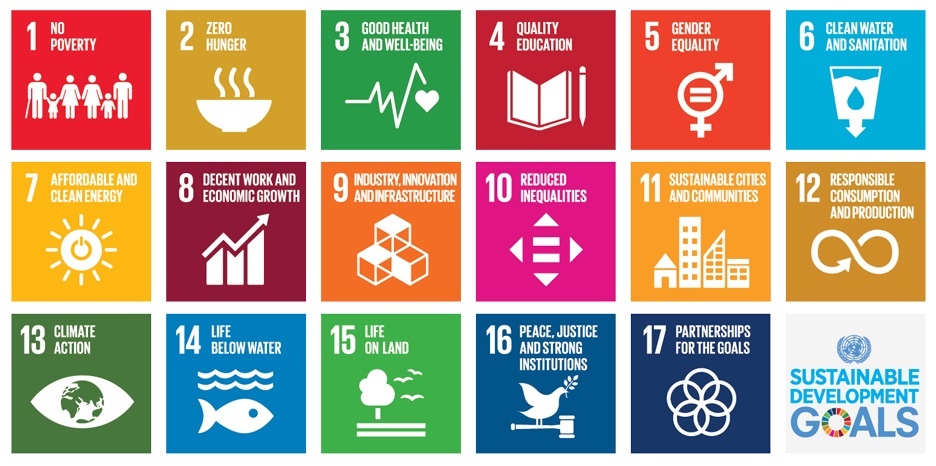


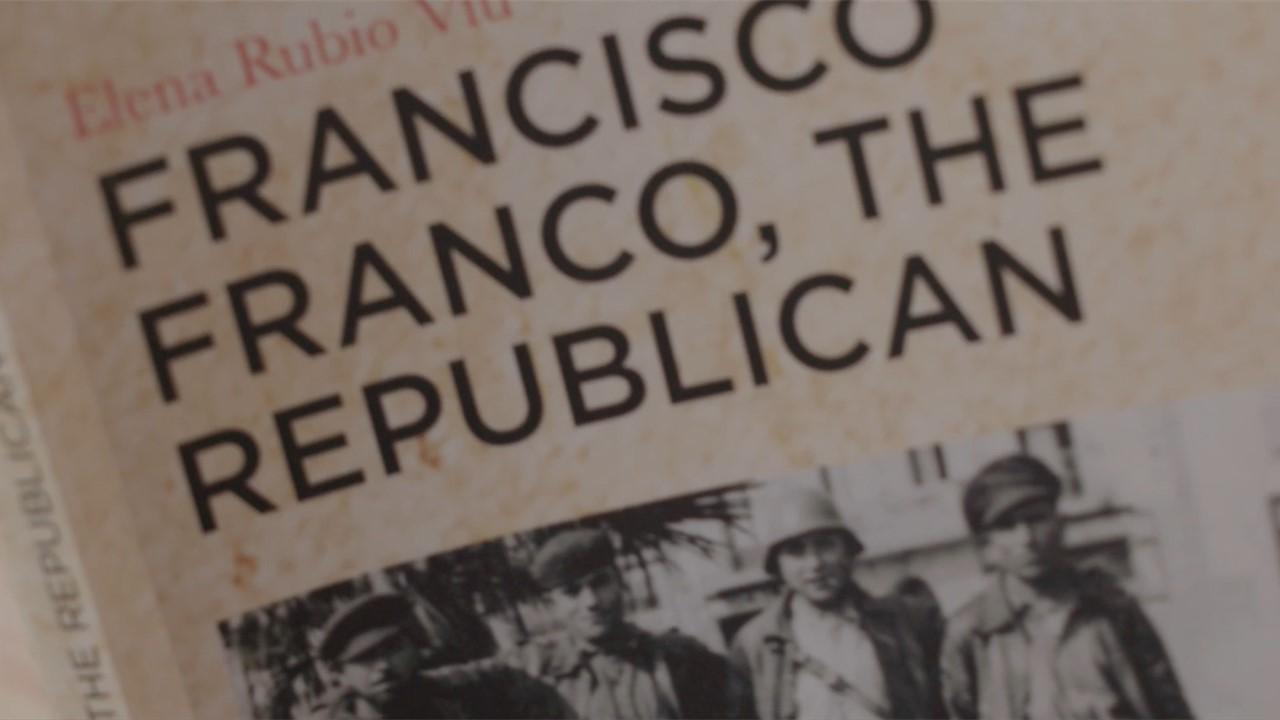
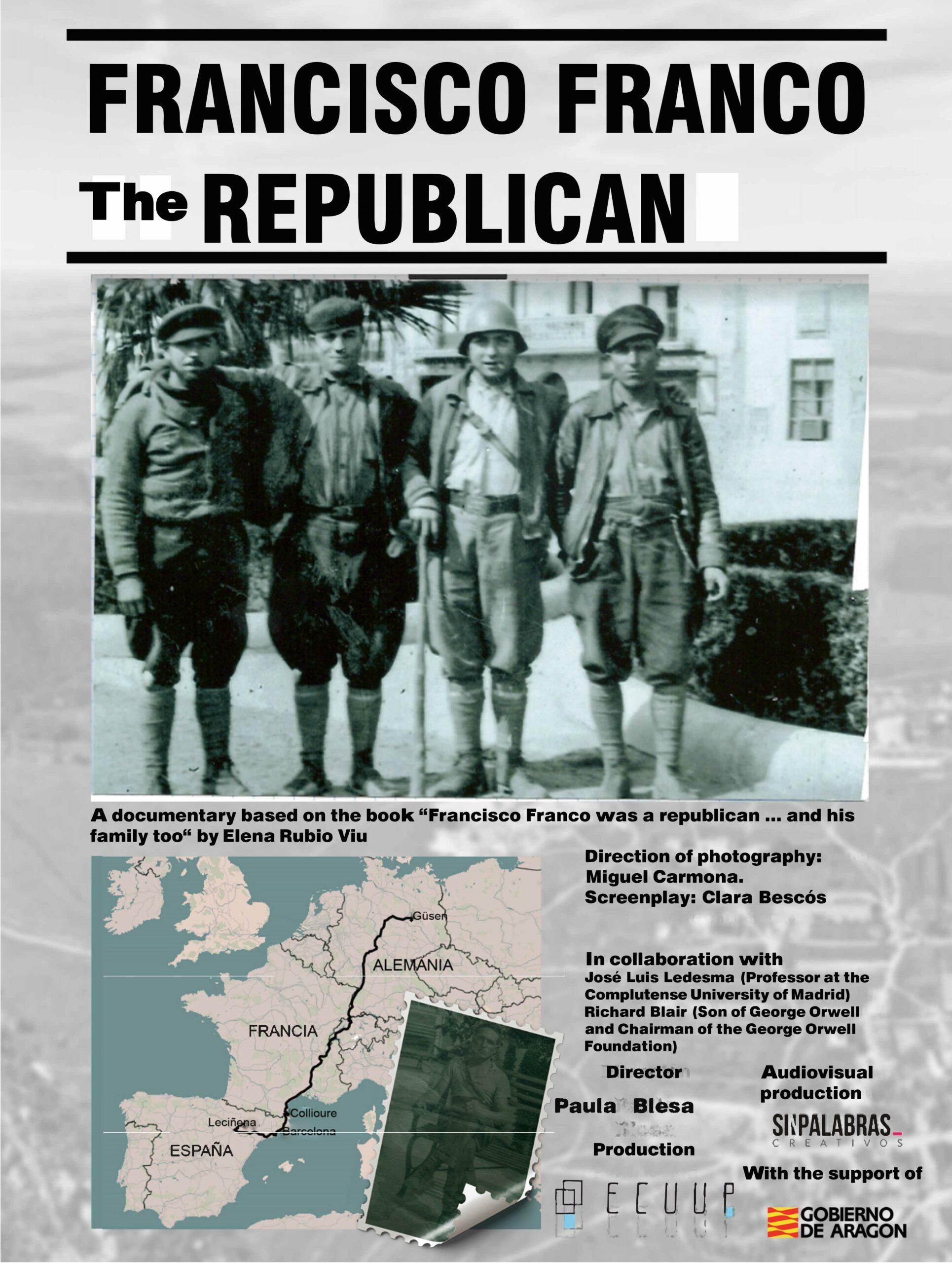
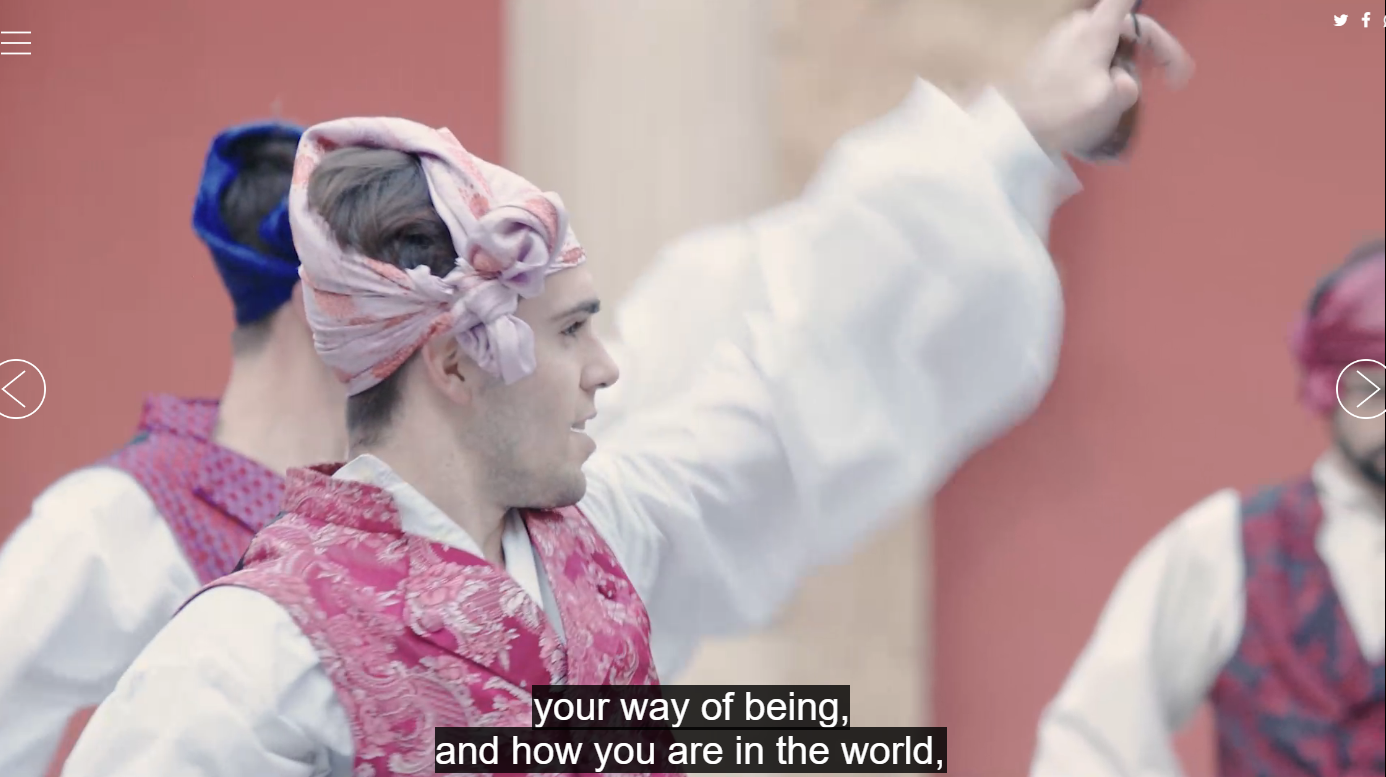
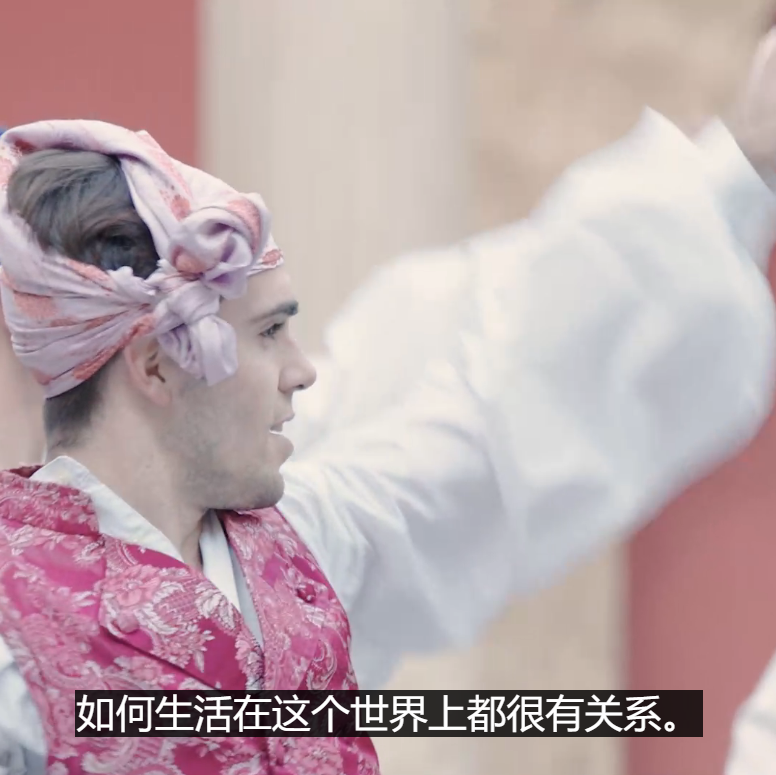

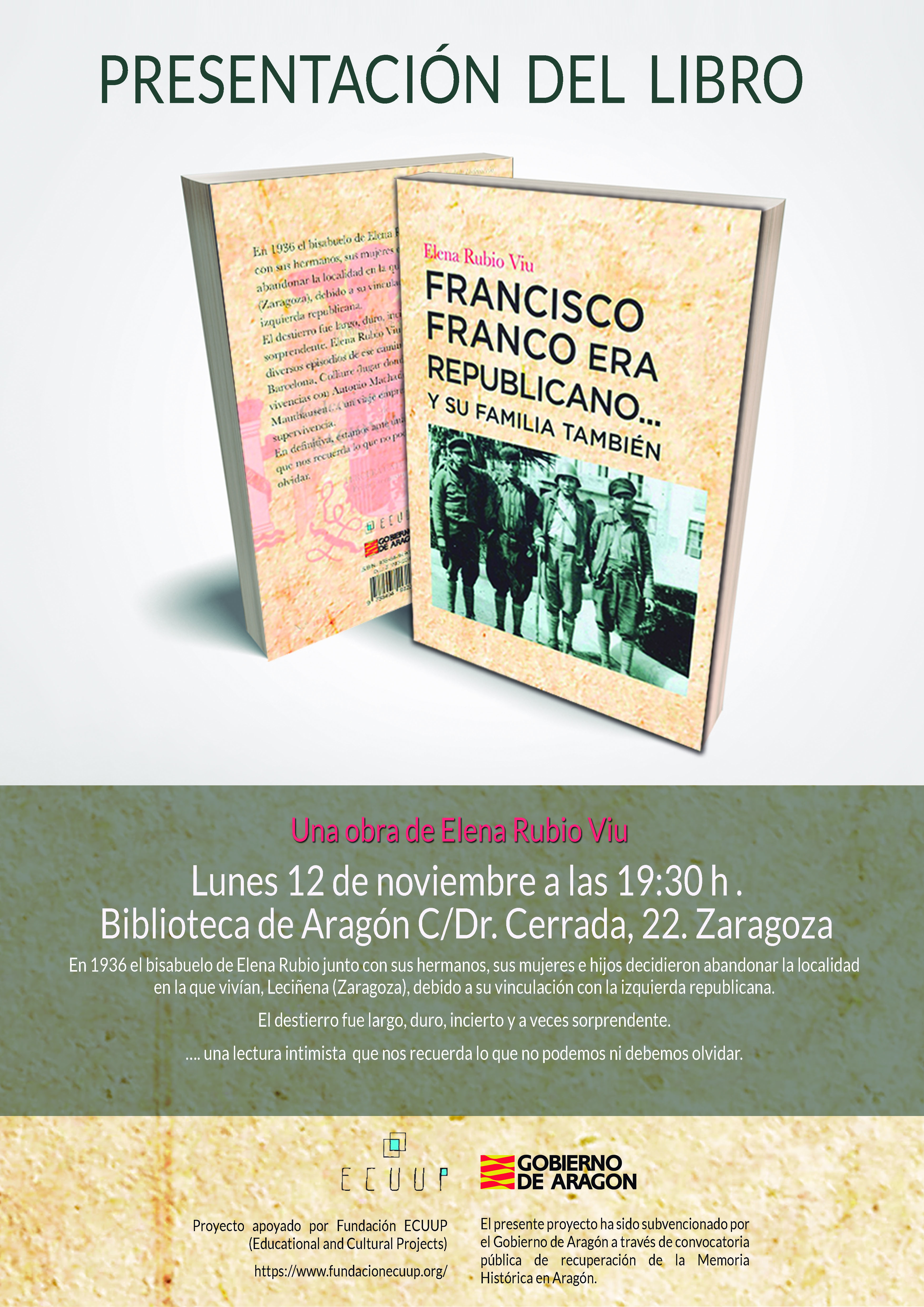
Leave A Comment